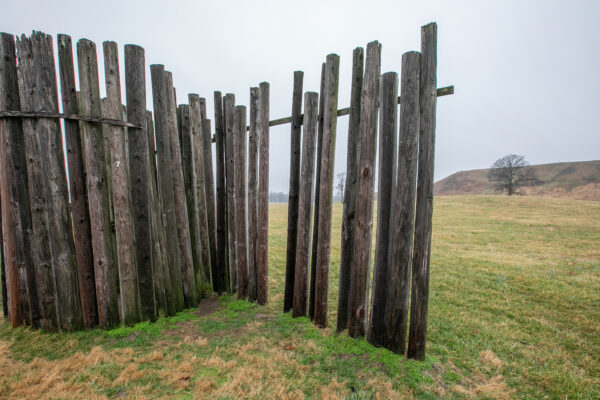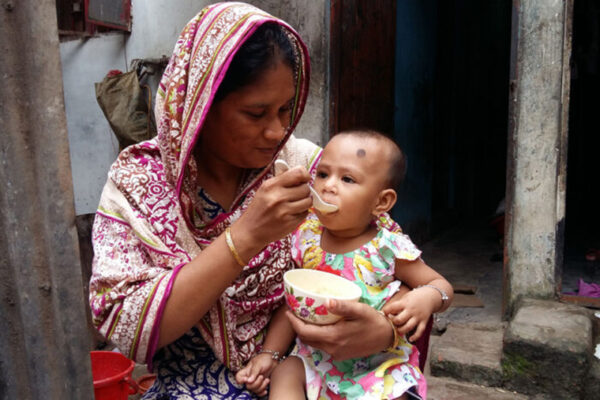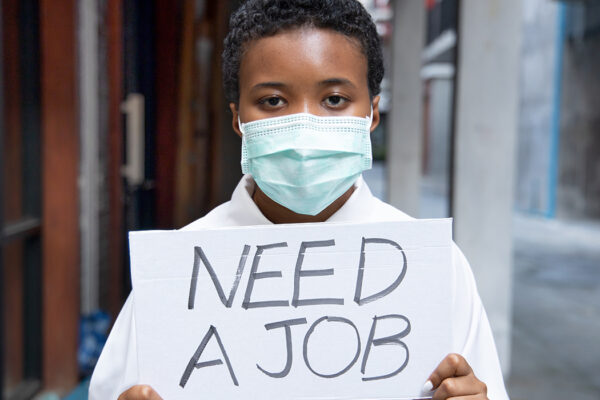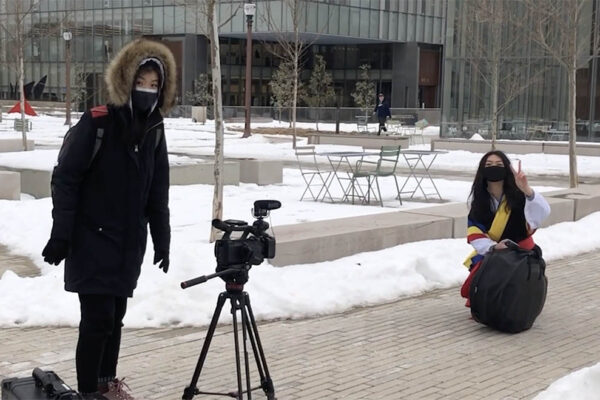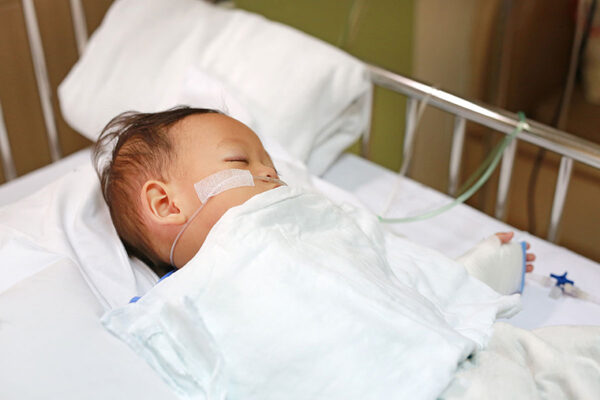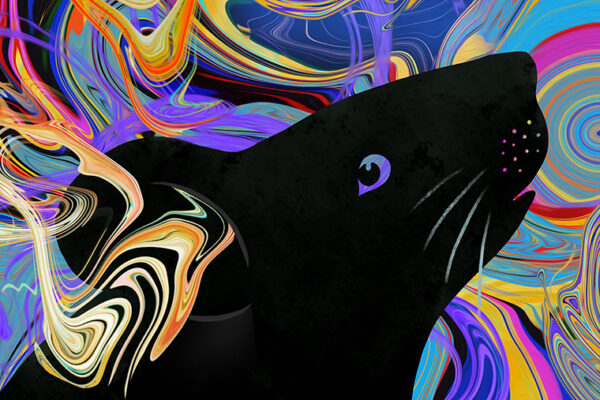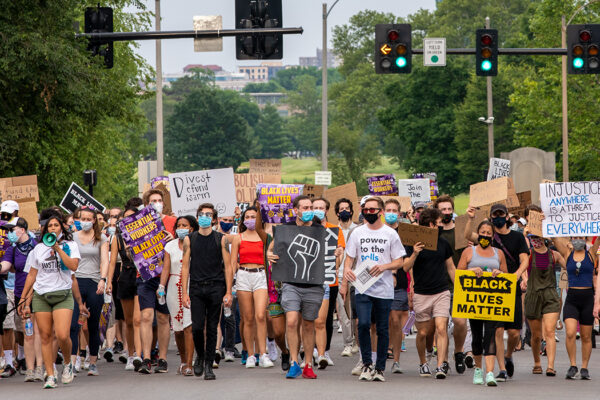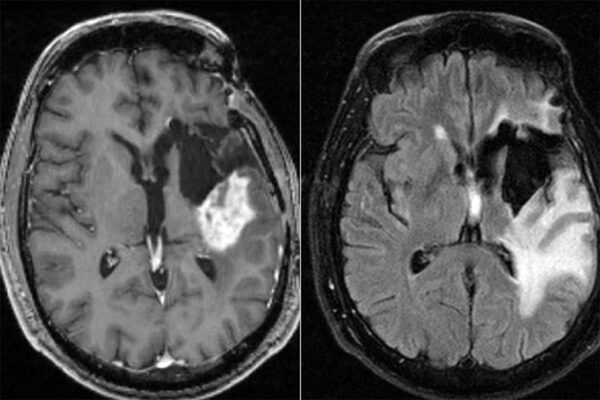Digging deep to discover why Cahokia collapsed
Arts & Sciences archaeologists excavated around earthen mounds and analyzed sediment cores to test a persistent theory about the collapse of Cahokia, the pre-Columbian Native American city once home to more than 15,000 people.
For malnourished children, a new type of microbiome-directed food boosts growth
A new study shows that a therapeutic food designed to repair the gut microbiomes of malnourished children is better than standard therapy in supporting their growth. The study was led by researchers at the School of Medicine and was published in The New England Journal of Medicine.
For breastfeeding moms, COVID-19 vaccinations may also protect babies
New research from Washington University School of Medicine suggests that nursing mothers who receive a COVID-19 vaccine may also protect their babies from the virus.
Black and Hispanic women, less educated workers among those hardest hit by COVID-19 job losses
The current recession created by the COVID-19 pandemic has especially impacted women — particularly Black and Hispanic women — and less educated workers, magnifying existing U.S. employment inequality, according to new research from Washington University in St. Louis.
Lunar New Year Festival: The show goes on
While their annual showcase celebrating Asian culture and the Lunar New Year couldn’t happen in person this year due to the pandemic, members of the Lunar New Year Festival refused to give up. Instead, they pivoted to create their first virtual show. The production premiered on YouTube March 27 and is available online.
Implementation science should give higher priority to health equity
Moving scientific research results into public health and patient care more quickly could have a significant impact on health equity, finds a new paper from researchers at the Brown School at Washington University in St. Louis.
Study predicts which kids hospitalized with RSV likely to worsen
Children hospitalized with breathing problems due to infection with respiratory syncytial virus (RSV) are likely to get sicker and remain hospitalized if they have high levels of defective copies of the virus, according to a new study by researchers at the School of Medicine.
Mice with hallucination-like behaviors reveal insight into psychotic illness
A computer game that induces mice to experience hallucination-like events could be a key to understanding the neurobiological roots of psychosis, according to a School of Medicine study.
What happened to a ‘United’ States?
In a new episode of the “American Democracy Lab” podcast, Washington University experts discuss the social and political consequences of anger and how it can be constructive.
Chemo for glioblastoma may work better in morning than evening
A new study from Washington University suggests that a minor adjustment to the current standard treatment — giving chemotherapy in the morning rather than the evening — could add a few months to patients’ survival.
View More Stories
